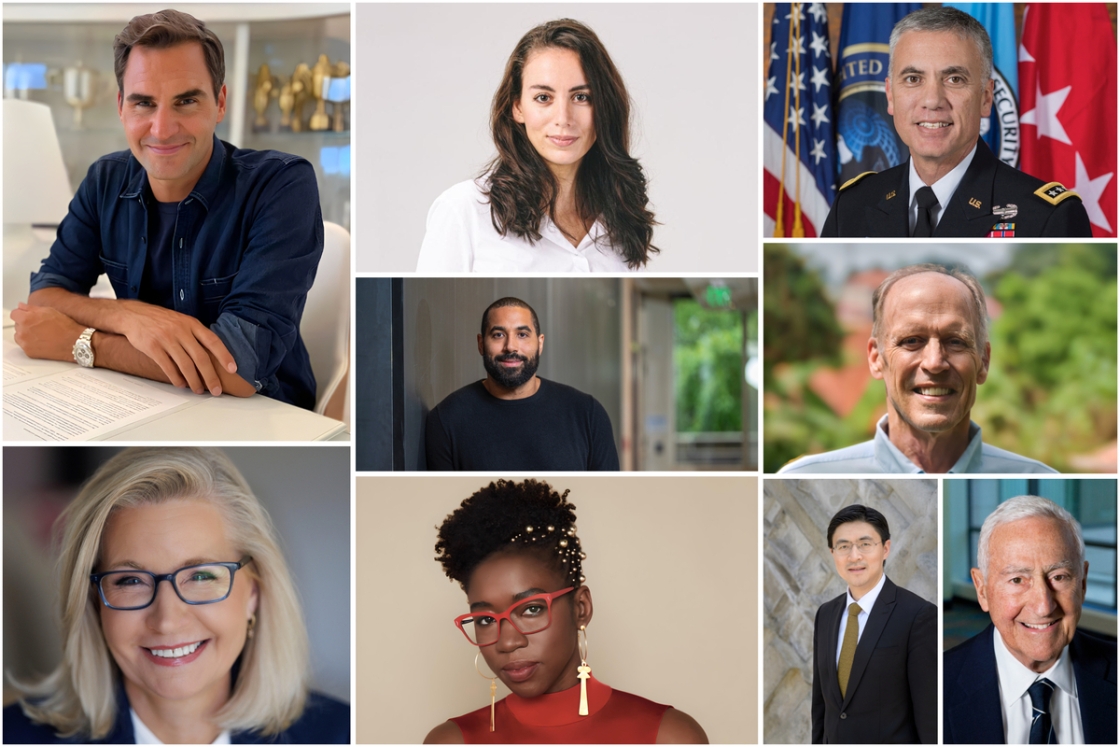Dartmouth has joined more than 40 other colleges and universities and the National Academies of Sciences, Engineering, and Medicine to create the Action Collaborative on Preventing Sexual Harassment in Higher Education.
The collaborative, which was announced April 10, builds on the National Academies’ 2018 report “Sexual Harassment of Women: Climate, Culture, and Consequences in Academic Sciences, Engineering, and Medicine,” and will bring together academic leaders and other key stakeholders to work to prevent sexual harassment across higher education. It is designed to allow colleges, universities, and research and training organizations to research and develop efforts that move beyond basic legal compliance to evidence-based policies and practices for addressing and preventing all forms of sexual harassment.
The collaborative’s work complements Dartmouth’s efforts in the Campus Climate and Culture Initiative (C3I), says Theodosia Cook, who was appointed C3I director last month.
“As we identify strategic ways to create a more inclusive environment at Dartmouth, we recognize that we can’t do this in isolation. We are excited to be a part of the collaborative to ensure that we are meeting the diverse needs of our constituents,” says Cook, who, along with Dartmouth General Counsel Sandhya Iyer, will represent the College on the collaborative.
The National Academies, which are based in Washington, D.C., are private, nonprofit institutions that provide independent, objective analysis and advice to the nation to solve complex problems and inform public policy decisions related to science, technology, and medicine.
“We hope that, going forward, even more colleges, universities, and other organizations will join us in our efforts,” says Frazier Benya, a senior program officer at the National Academies who is directing the collaborative.
The goals of the collaborative are to:
- Raise awareness about sexual harassment and how it occurs, the consequences of sexual harassment, and the organizational characteristics and recommended approaches that can prevent it
- Share and elevate evidence-based institutional policies and strategies to reduce and prevent sexual harassment
- Contribute to setting the research agenda, and gather and apply research results across institutions
- Develop a standard for measuring progress toward reducing and preventing sexual harassment in higher education
The collaborative will also deal with the issue of sexual harassment in the context of other damaging behavior, including incivility, bullying, and other forms of harassment, such as racial harassment.
In the three months since Dartmouth announced the creation of C3I, significant progress has been made in the implementation of programs and actions aimed at creating a learning environment free from sexual harassment and the abuse of power.
C3I is made up of new programs as well as a number of initiatives that have been in the works for some time. The project is organized into five categories—campus climate, academic and professional development, recruitment, resources, and mandatory reporting. The initiative is the third pillar, along with Moving Dartmouth Forward and Inclusive Excellence, in a set of initiatives established to create a welcoming, inclusive, and equitable environment for all students, faculty, and staff.
C3I’s work includes the creation of a unified sexual misconduct policy and procedures, which are posted on the C3I website. Community members are invited to comment on the proposals through spring term.
Also underway are departmental climate reviews, which are being led by University of Michigan Professor Abigail Stewart, a national expert in creating inclusive academic environments, and Dartmouth Professor of Engineering Vicki May, who has been involved with departmental assessment. The first two departments to be reviewed are geography, and microbiology and immunology. In addition, faculty and staff this winter completed mandatory online Title IX training.
Dartmouth’s progress on C3I programs will be evaluated by an external advisory committee, as is progress in the Moving Dartmouth Forward and Inclusive Excellence programs. The committee, to be chaired by Gilda Barabino, dean of the Grove School of Engineering at the City College of New York, has added two new members: Cynthia Barnhart, chancellor of the Massachusetts Institute of Technology, and William Scheiman ’14, a consultant at Bain & Co. and a former member of Dartmouth’s Student and Presidential Committee on Sexual Assault. Also on the committee are Joanne Mather Conroy ’77, CEO and president of Dartmouth-Hitchcock Health, and Susan Finegan ’85, an attorney at Mintz and Levin.
Here are other C3I initiatives in the works:
- Policies-in-action working group: Chaired by Professor of Engineering Petra Bonfert-Taylor, the working group will look at issues related to power dynamics on campus. The group will begin work this term.
- Leadership development: Dartmouth is exploring a leadership training program for all faculty department chairs that will promote understanding of the issues related to creating a positive work environment. Program details will be released in the fall.
- Research advisory committees: F. Jon Kull ’88, dean of the Frank J. Guarini School of Graduate and Advanced Studies, has put in place a requirement that all graduate programs establish research advisory committees for the oversight of theses and dissertations, making it mandatory for graduate students to have a committee rather than one adviser overseeing their work.
- Diversity recruitment fund: The provost’s office has increased funding for the recruitment of diverse faculty.
- Expanding the Title IX office: The functions and staff of the Title IX office are being reviewed and a new position has been created for assistant Title IX officer. Dartmouth is currently advertising to fill this position.
- Mental health services: The College has added two mental health clinician positions at Dartmouth College Health Service’s Dick’s House. The positions are currently being advertised.


